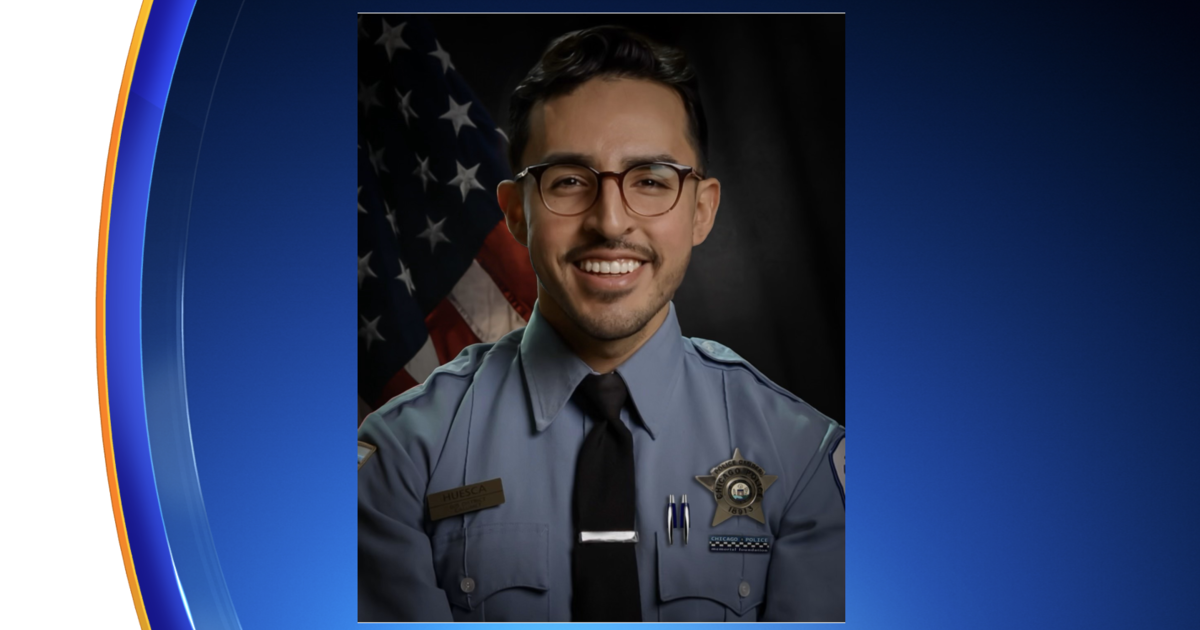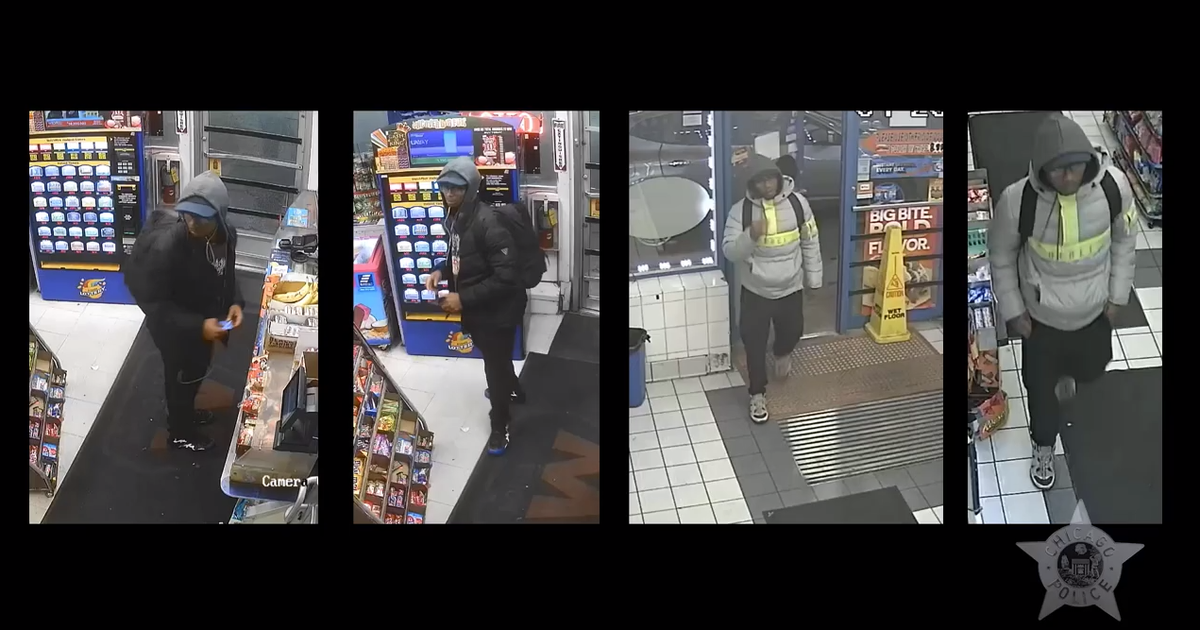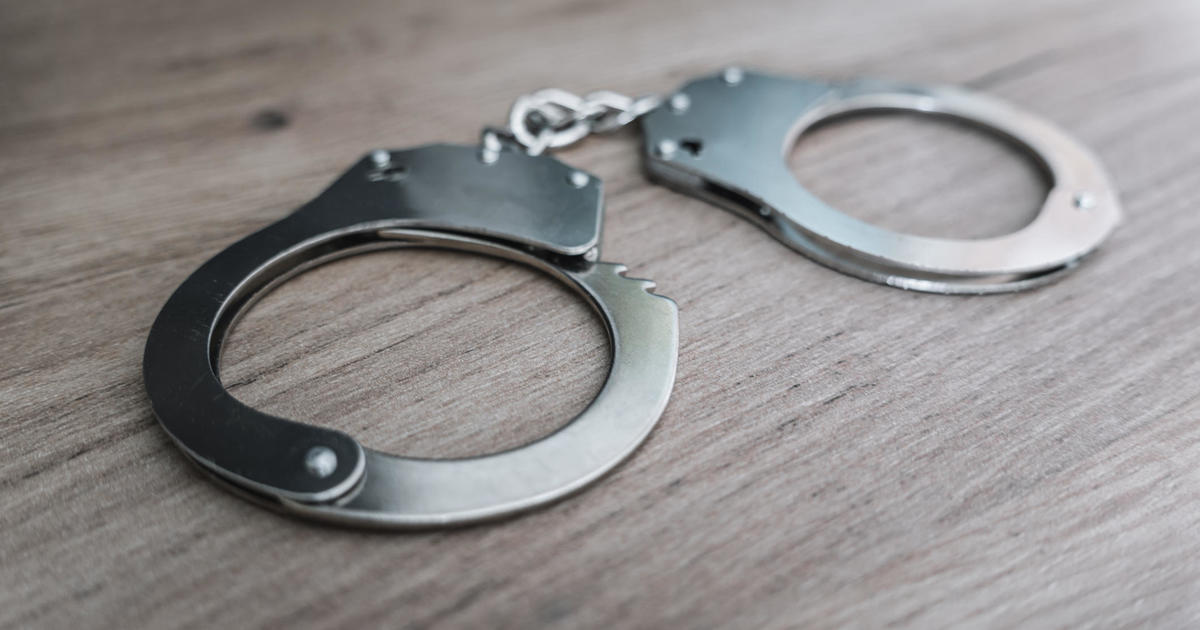With Monitor In Place, Consent Decree To Overhaul Chicago Police Department Takes Effect
CHICAGO (CBS) -- The long-awaited consent decree governing sweeping changes at the Chicago Police Department goes into effect on Friday, as a federal judge appointed a former federal prosecutor to oversee the reforms.
U.S. District Judge Robert Dow appointed former federal prosecutor and former Illinois executive inspector general Maggie Hickey to be the independent monitor responsible for making sure the Chicago Police Department complies with the wide-ranging reforms. He said he also will appoint retired U.S. District Judge David Coar to assist Hickey as a "special master" of the consent decree.
Activists who have been calling for changes to Chicago Police Department practices for years hope the consent decree will put an end to what they describe as chronically unconstitutional police behavior.
"A consent decree provides really unparalleled transparency and accountability to police departments," said Sheila Bedi, a professor at Northwestern Law School. "It's an incredibly powerful right and one that does not exist in any other consent decree in the country."
In the past 12 years, the city has paid more than $600 million in settlements stemming from misconduct allegations.
A scathing Justice Department report in 2016 found systemic abuses by the Chicago Police Department against minorities, including officers routinely using excessive force against African Americans and Hispanics.
The Justice Department report called for the courts to oversee changes to the department's policies and practices. When the Trump administration balked at the idea of a consent decree, Illinois Attorney General Lisa Madigan filed a lawsuit against the Chicago Police Department and hammered out a deal with the city.
Dow approved the final draft of that consent decree in January, and said it would go into effect when he appointed an independent monitor for the reforms. His appointment of Hickey and Coar means the decree is officially in place.
Among other changes, the consent decree would require the department to review use of force policies every year, track foot pursuits and document every time an officer points a gun at someone. Anonymous complaints against officers must be investigated; and officers would be prohibited from using stun guns when suspects are running away, or from firing their guns at moving vehicles.
Use of force training and training on verbal de-escalation tactics would be expanded.
The decree also requires the city and the Civilian Office of Police Accountability to more closely track complaints against officers and allow the public to track complaints online by next year.
Police Supt. Eddie Johnson said some of the changes outlined in the consent decree already are underway.
"We didn't wait for the consent decree to be implemented before we started the reforms and the transformation of the Police Department. We started that a couple of years ago," he said.
The superintendent noted the department issued a new use of force policy in 2017, as the consent decree was still being negotiated.
"Here's the good thing, the upside; the consent decree will ensure that the Police Department receives the funding and resources it needs to ensure that our officers are trained with the best practices, and they become 21st century police officers," he said.
Watchdogs hope the decree will also impact the police code of silence.
"That is intolerable. It is a cancer in the Police Department. It must be cut out and if this process does nothing else, it will act to eliminate the cancer," former federal prosecutor Ronald Safer said.
The consent decree would remain in place until Dow agrees the department has made sufficient effective changes. That could take several years.



